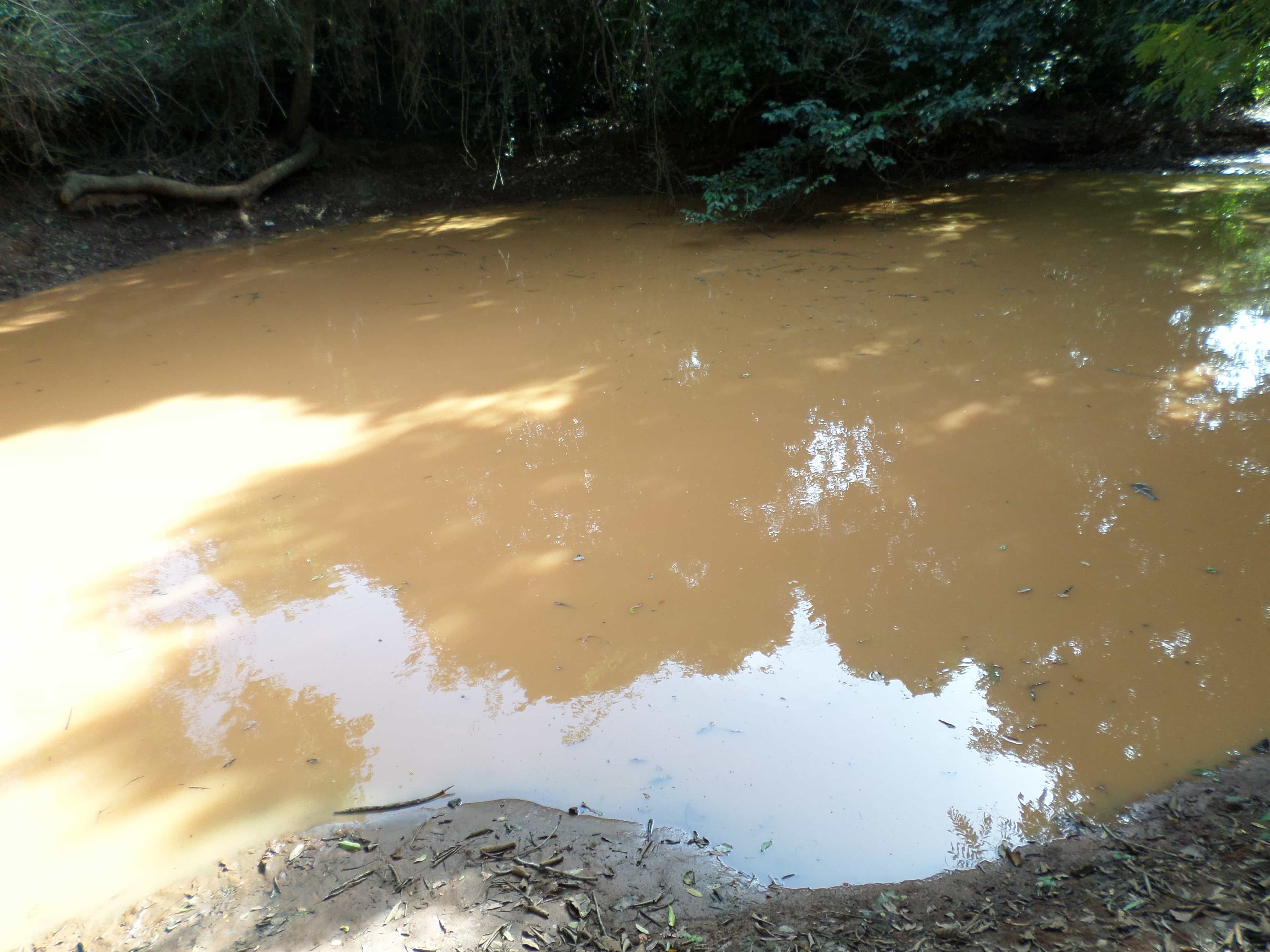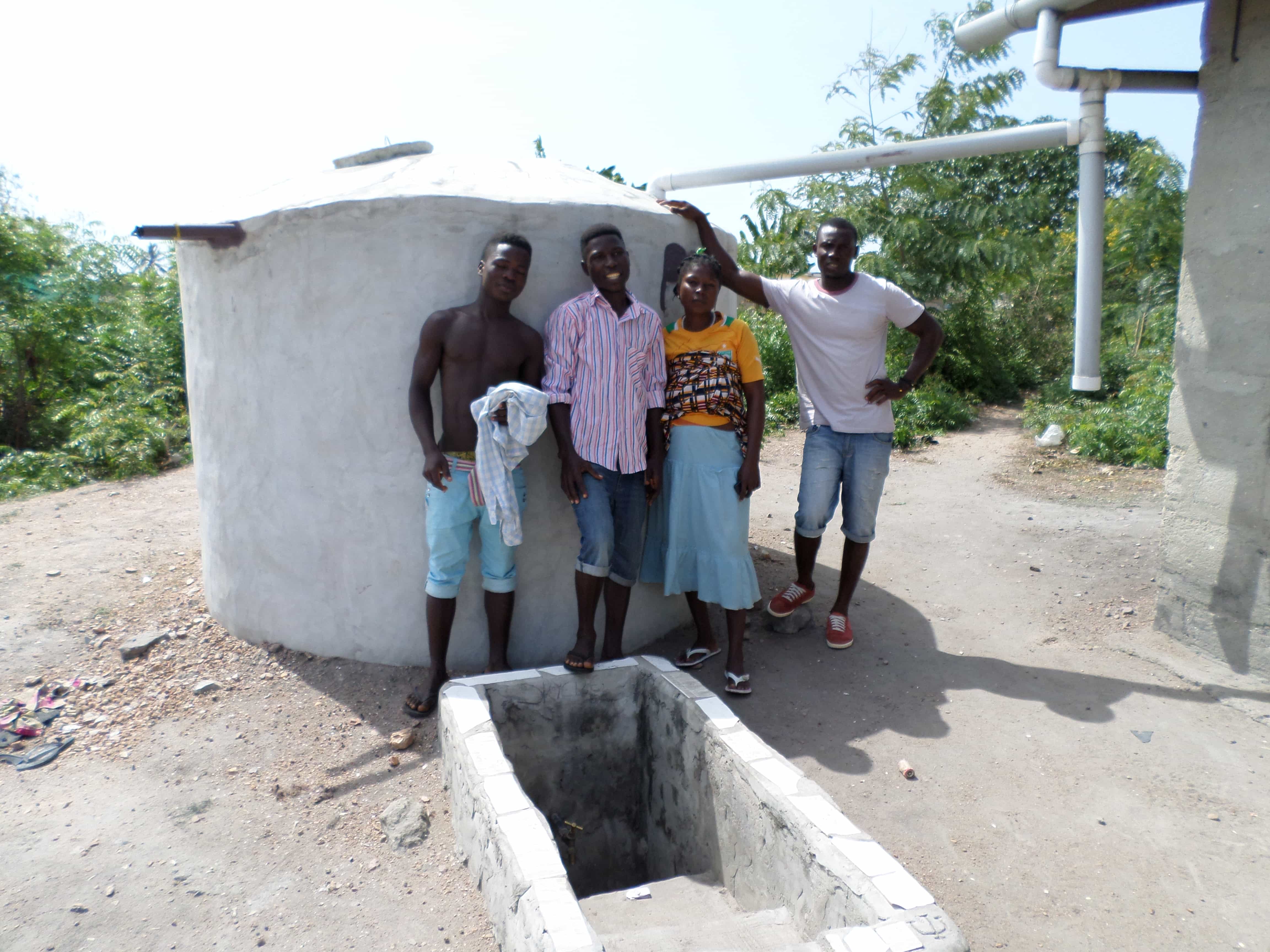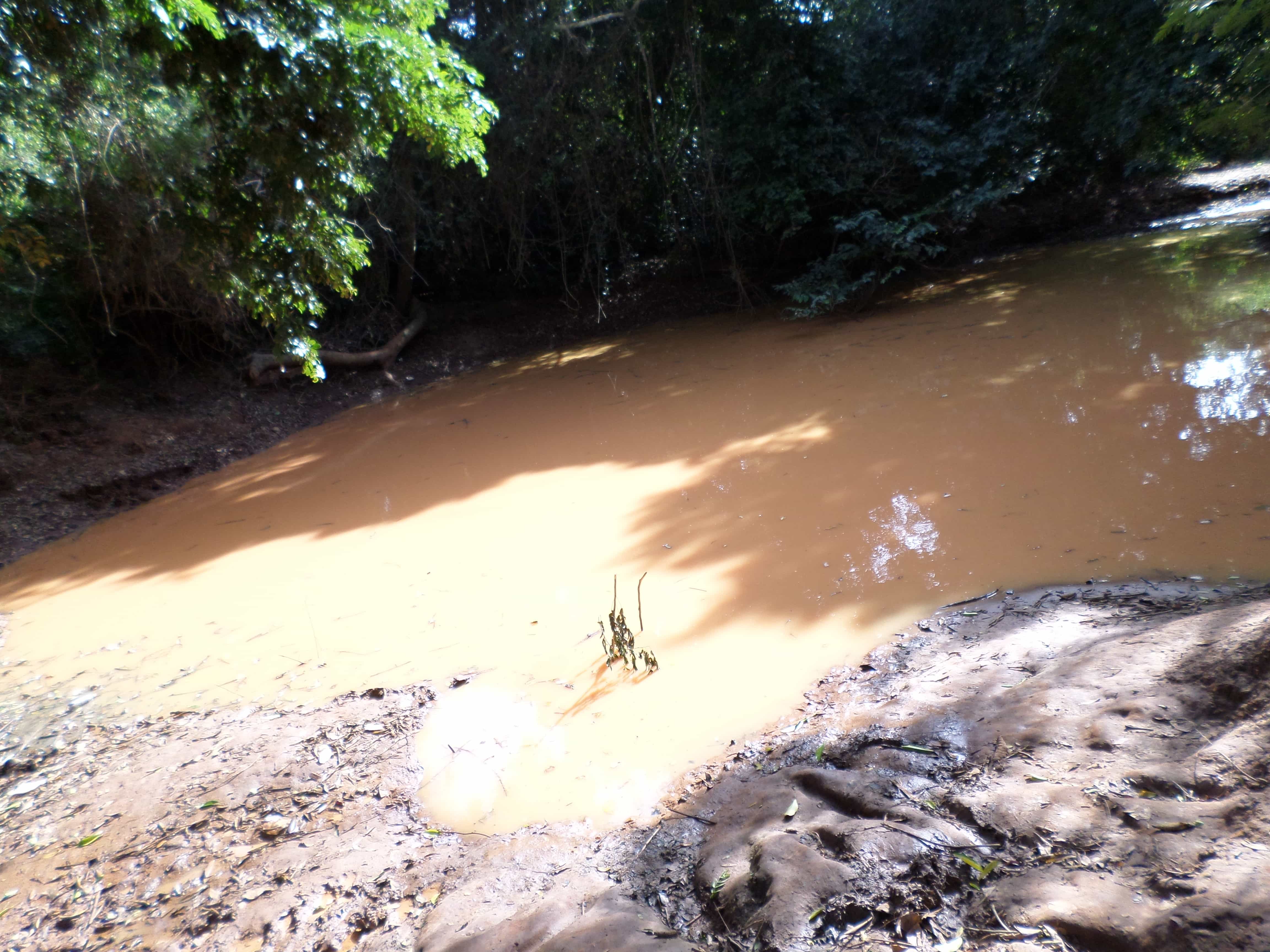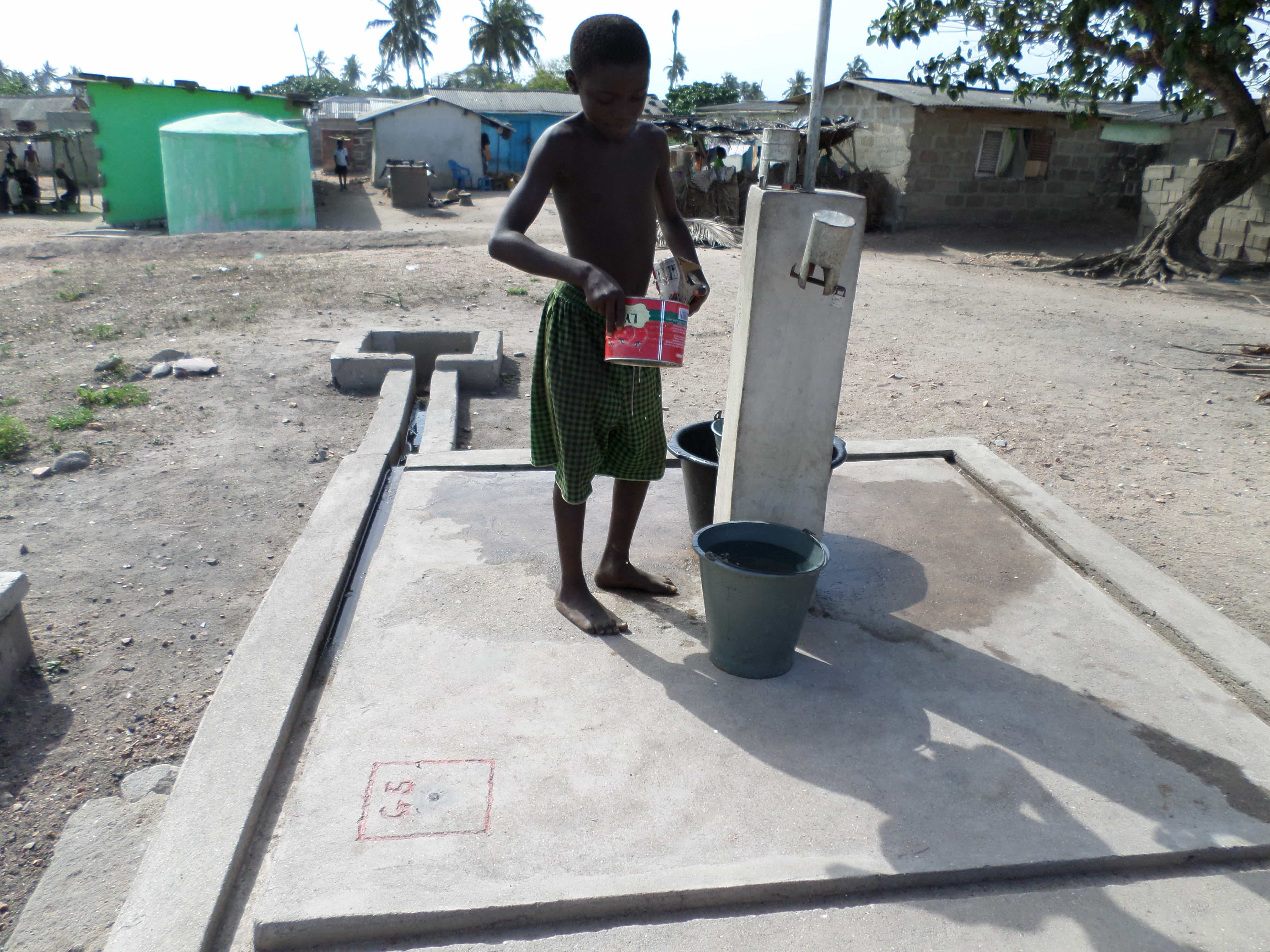Project Overview
In 2015, Global Brigades and its partner, the Ghana Water Company, installed 3 new standpipes, and rainwater harvesting units in Srafa Aboano benefiting over 1,170 people.
Ekumfi Srafa Aboano, Ghana
Community members in Srafa Aboanoo, located in the Ekumfi District, rely primarily on fishing and farming to make a living. One of the major challenges for the development of their community was lack of access to clean, sufficient water. As it is closely located to the Gulf of Guinea, community members’ options to collect fresh water is limited as many of the underground water sources are saline and not usable for basic consumption needs. Srafa Aboano’s freshwater pond was the largest source of fresh water for most community members and most women and children spent many hours a day collecting water in open containers and carrying it back home. Not only was the water from the pond used for drinking water, it was also used for washing and bathing purposes. Unfortunately, this same water was pulled from a source very close to where farm animals and humans regularly defecate. The drinking water from this pond was subject to high levels of contamination and was rarely treated before consumption often leading to diarrhea, bilharzia, cholera, skin rash and other water related diseases and infections. Another safe water option for Srafa Aboano’s community members was purchasing water sachets but this was often an unsustainable, unreliable and, in the long-term, expensive option for drinking water.
Water System Solution
The Ghana Water Company is in charge of water distribution and treatment in the region where Srafa Aboano is located. In 2015, Global Brigades worked with the GWC to modify and expand its distribution infrastructure to get treated water to strategic points within the community where 3 standpipes were built. These standpipes give the 1179 community members living in Srafa Aboano, access to clean water, and meet the standards of the World Health Organization. By placing them in areas near the population, families spend less time and energy retrieving water for use in their homes. In addition to the standpipes, GB volunteers worked with community members to install rainwater harvesting units in homes and at the community’s school.





